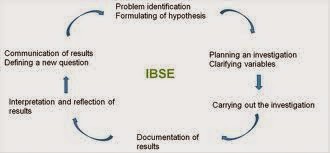Is reading culture an African culture?
Lazarus Sauti “Blacks don’t read: They Are Still Our Slaves”, is said to be an article written by a Caucasian (white man). Part of the article reads: “ We can continue to reap profits from the blacks without the effort of physical slavery. Look at the current methods of containment that they use on themselves: ignorance, greed and selfishness. “Their ignorance is the primary weapon of containment. A great man once said that the best way to hide something from black people is to put it in a book. “We now live in the Information Age. They have gained the opportunity to read any book on any subject through the efforts of their fight for freedom, yet they refuse to read… Yes, we will continue to contain them as long as they refuse to read... By the way, don’t worry about any of them reading this letter, remember, they don’t read.” Frankly, this article triggered this writer’s emotions and forced so many questions to pop up in his mind. Is reading culture an African c





